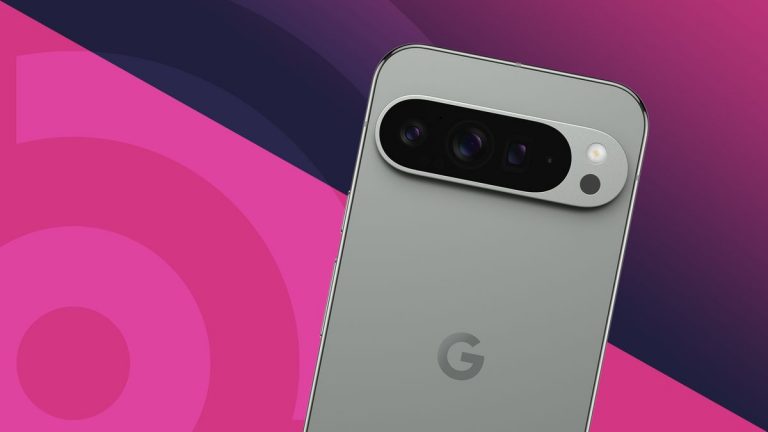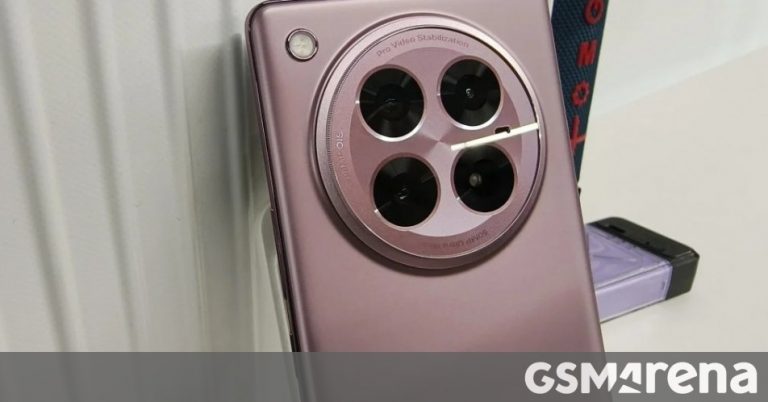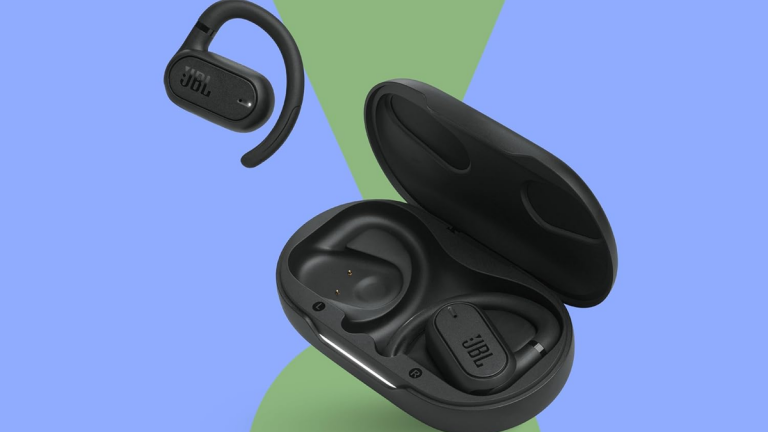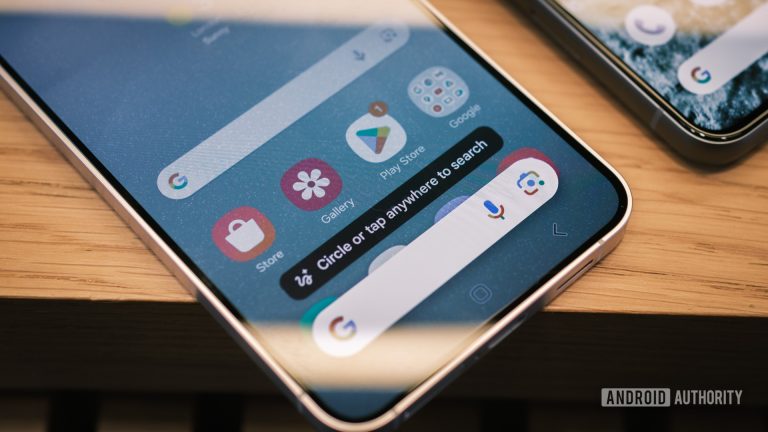Samsung has no answer to the engineering feat of thinnest foldables

When probed about their most desired feature in foldable phones and the barriers before buying one, focus groups returned two main hurdles, price and size. Weaker specs were a distant third, yet not an insignificant disadvantage, as foldable phones are hundreds of dollars more than even the most expensive flagships that don’t bend.
Until the Chinese juggernauts like Oppo, Vivo, Honor, Huawei, Xiaomi, or OnePlus started addressing the design and specs shortcomings of foldable phones, that is, culminating in the impossibly thin Honor Magic V3.
How Honor made the thinnest foldable phone
The Magic V3 is thin, oh so thin. Even when closed, the V3 is only 9.2mm and weighs just 226g, or less than 8 ounces. For comparison, the Galaxy Z Fold 6 is 30% thicker at 0.22 inches (12.1 mm) when closed, even though Samsung slimmed it down compared to its predecessors.
One has to hold the Honor Magic V3 in their hand to really appreciate how slim the phone is. When closed, it is already on par with most flagships in size and weight, and when opened it is the thinnest thing, as if you are only holding a screen in your hand.
Well, a number of inventions have gone into the making the Magic V3 really magical in terms of compact dimensions. First off, Honor says that is used a second generation of its strong and lightweight materials for the backplate and the hinge.
The back cover of the Magic V3 is made of a custom material that has a strength of 5800 MPa, making it actually tougher than the Kevlar that bulletproof vests are made of, or carbon fiber.
The phone’s hinge is now built with the next-gen Honor Super Steel that has a tensile strength of 2100 MPa. This has allowed Honor to craft a record-thin hinge that is only 2.84 mm wide. The new compact hinge has left a lot of extra space to add other structural reinforcements and make the foldable phone more durable.
In contrast to industry-standard solutions with only one set of swing arms, the HONOR Magic V3 adds an extra set of swing arms to the HONOR Super Steel Hinge. This design significantly enhances the hinge’s resilience by an impressive 1,250% compared to the HONOR Magic V2. With the support of these upgraded materials and brand-new architecture, the HONOR Magic V3 takes the resilience and folding reliability of the hinge to the next level. It can withstand up to 500,000 folding cycles, ensuring durable performance.
Honor, August ’24
To protect the main display of the Magic V3, Honor deployed an impact-resistant silicone gel material. When the phone is dropped face down, the gel hardens immediately to absorb the energy released during the impact with the ground. In addition, the screen is covered with a new type of thin armored glass that has 50% higher crystal density for extreme protection against drops or scratches.
On the inside, the Magic V3 components have also undergone a size reduction to be able to fit in the incredibly thin body that is just 4.5mm thick when opened. Honor has added more silicon to its silicon-carbon battery technology to allow for a “a robust electrochemical structure that significantly reduces battery size while maintaining excellent performance.”
The slimmer battery pack is now joined by the industry’s thinnest vapor chamber that uses titanium as a substrate to slim it down to just 0.22mm, all the while the heat dissipation area has been increased 22%, and the weight reduced by 40%, making the vapor chamber perform 53% better than last year’s generation.
Honor has done all this trimming and reinforcing of the world’s thinnest foldable phone in order to keep durability the same, so that the Magic V3 can even pass an IPX8 Water Resistance Test in a washing machine, a first for a bendy handset.

The Z Fold Slim struggle is real


Honor Magic V3 vs the last three Galaxy Z Fold generations | Image credit – Honor
At one point it was said to give up, realizing that it can’t make a thinner foldable phone that would be as durable as, say, the regular Z Fold 6. When designing the Fold Slim, Samsung eschewed some of the features available in the Z Fold 6 to achieve both lower production costs, and a thinner body. It nixed support for the S Pen stylus, for instance, in order to skip the digitizer layer and make the phone thinner.
Faced with the competition, Samsung reportedly also decided to set it apart by making it tougher and more durable than the Chinese foldables, but when it added the needed water-resistance and ingress protection designs, the phone became thicker than it would’ve liked.
Still, Samsung apparently think that it has added enough value to differentiate its Z Fold Slim from the other foldable phones in its roster, so it is now said to be releasing it in October, after all.
Only time will tell how a cheaper and thinner Z Fold that doesn’t really excel against other thin foldables will fare. Looking at the Magic V3, though, Samsung will have a steep hill to climb, and it doesn’t seem determined to die on that hill.
Source: www.phonearena.com






